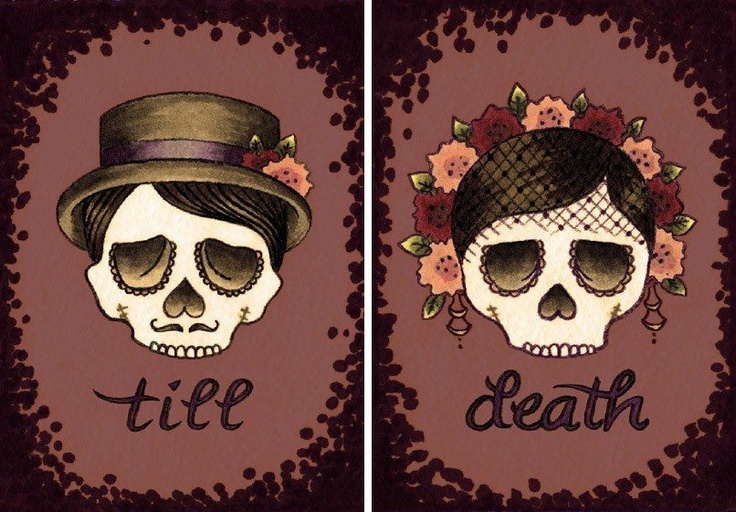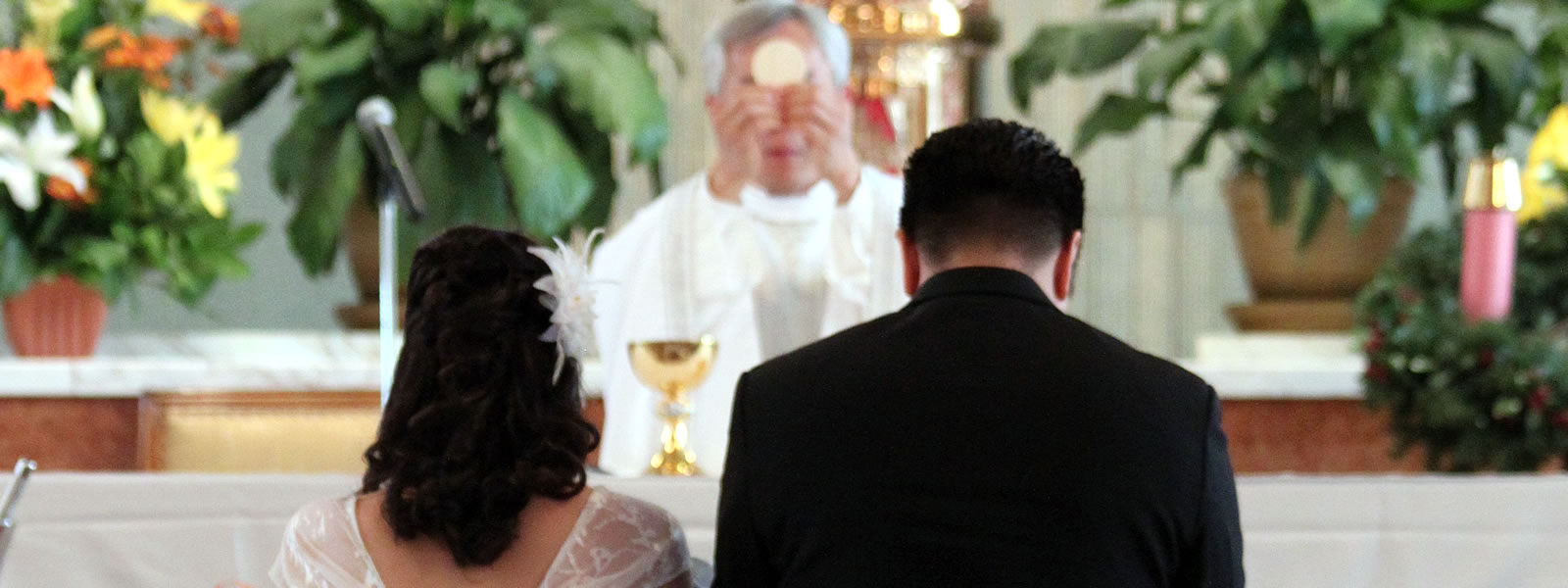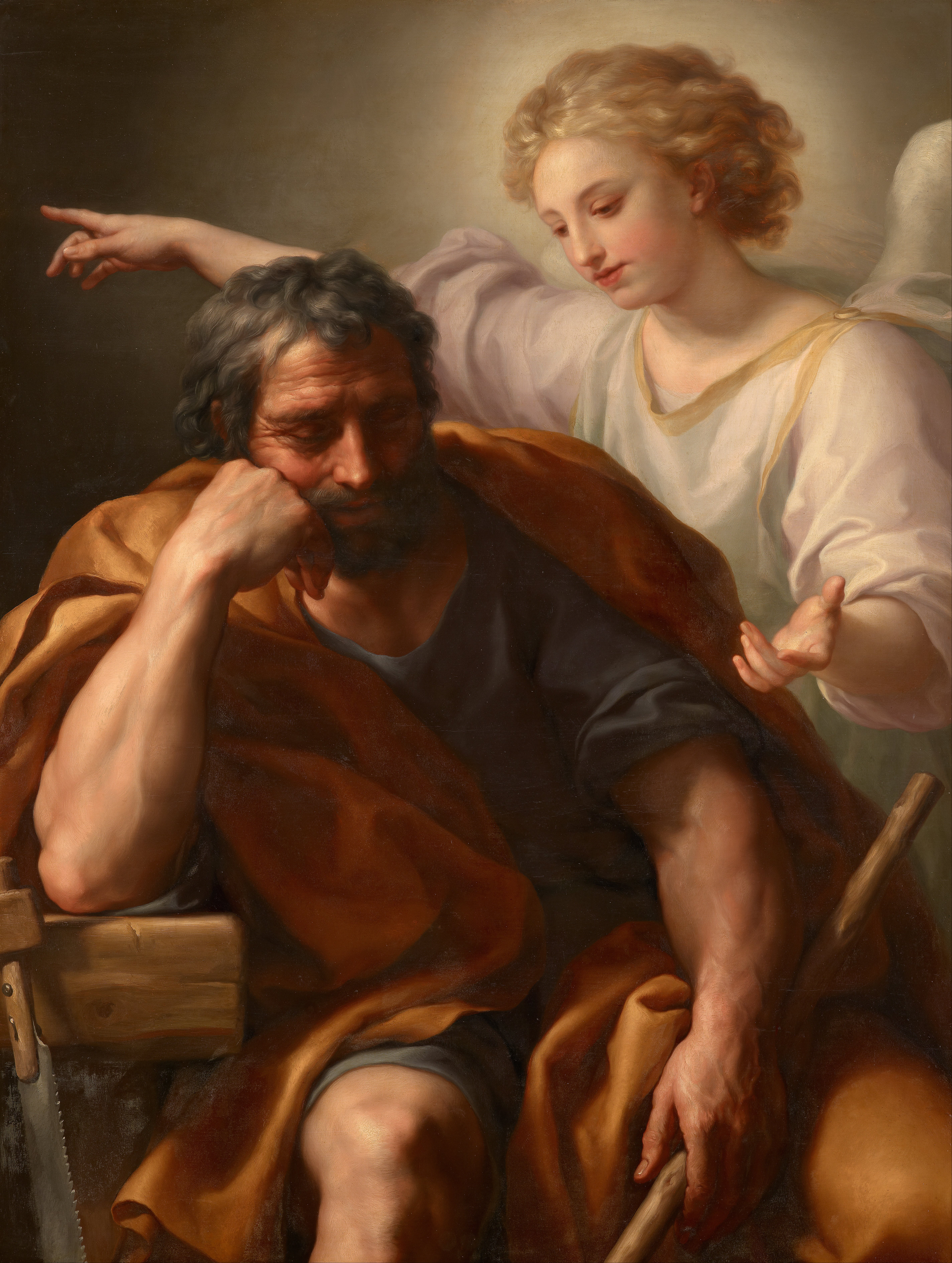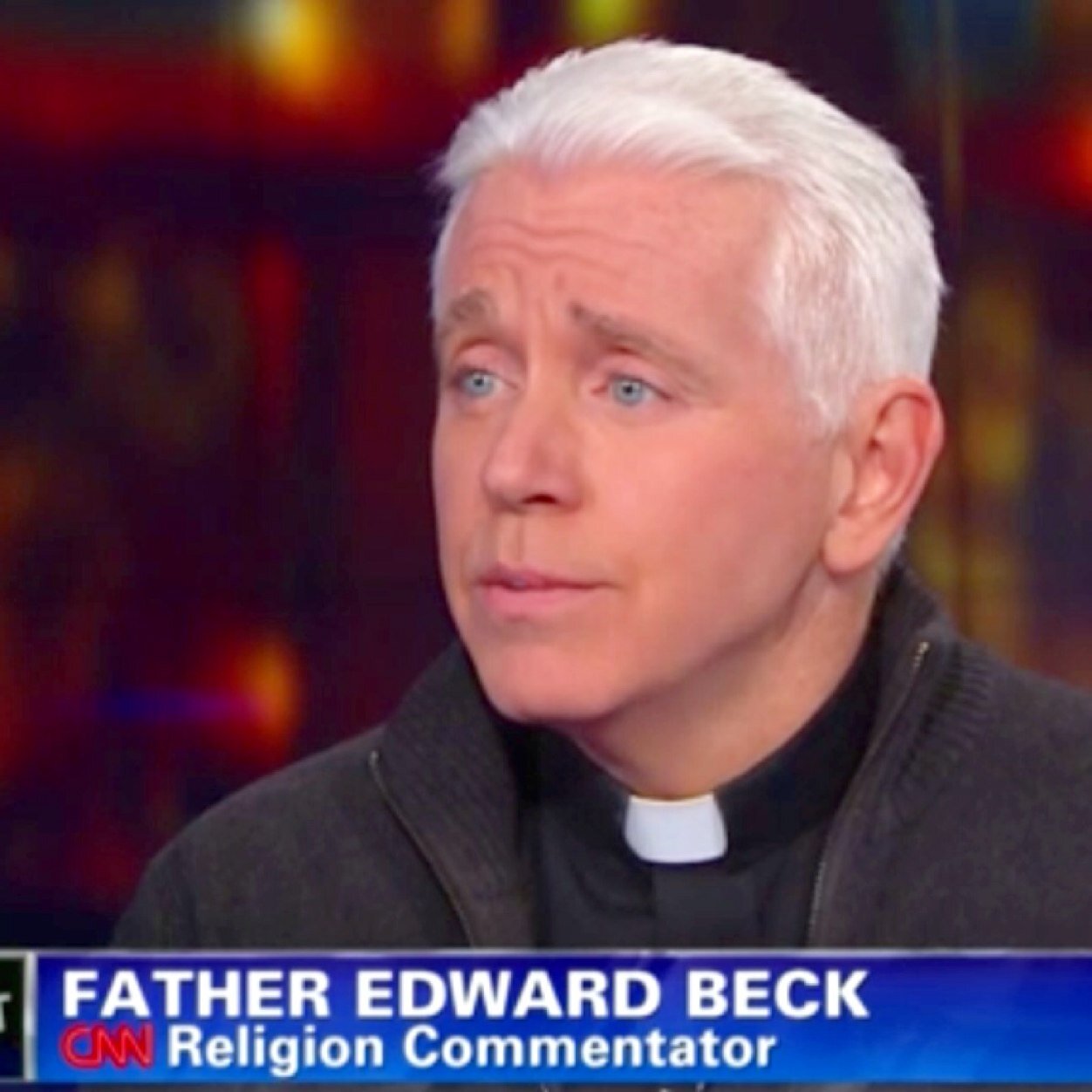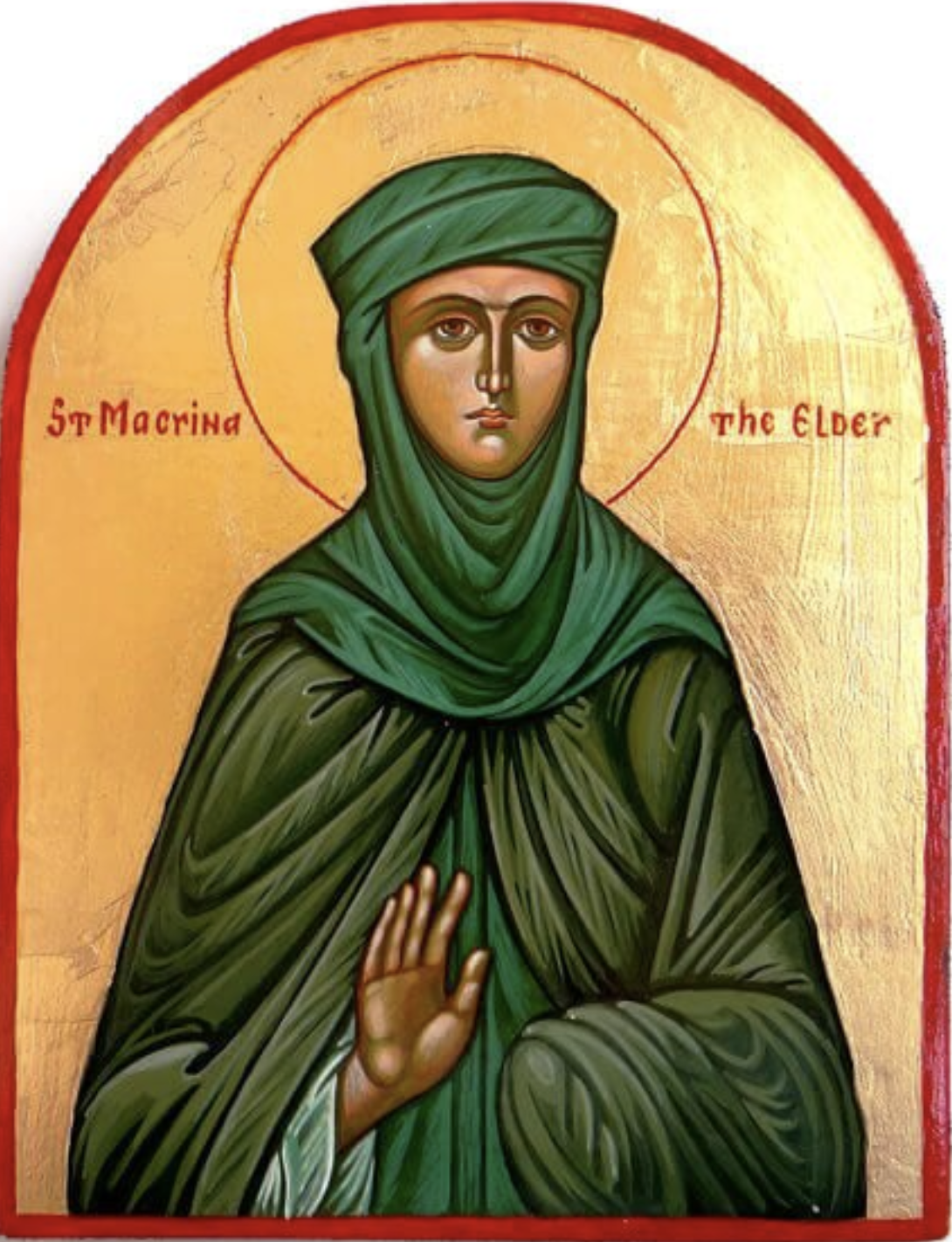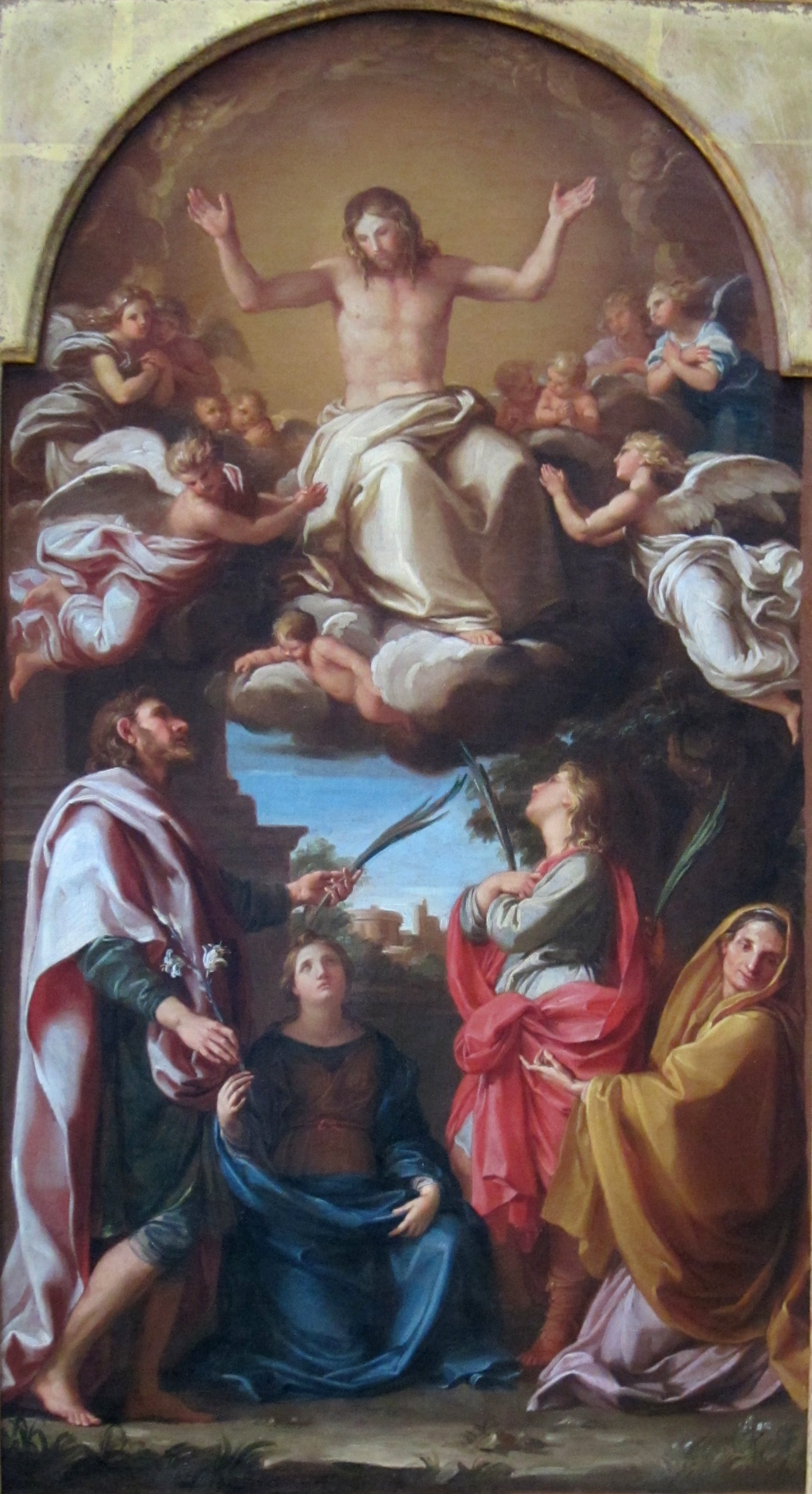There are different types of “unions”, apparently, to varying permanence, apparently, with different meanings, apparently.
-by Marc Barnes
“The indissolubility of marriage is not natural. I could not agree more with Dan Savage when, in the great American tradition of offering unsolicited advice, he told heterosexuals that this till-death-do-us-apart stuff is an impossible expectation. Indissolubility, by his view, cannot be a norm. Perpetuity can only be a preference. If we could “acknowledge the drawbacks of monogamy around boredom, despair, lack of variety, sexual death and being taken for granted,” instead of mindlessly pumping a deflated, Disney-born mystique of forever-and-ever, we’d be closer to an honest and natural marriage contract.
“Inseparability,” which makes Savage grimace so, does not belong to marriage considered as a civil institution — state-permitted divorce and remarriage assure us of the fact. “Inseparability” does not even belong to marriage as a natural institution. Aquinas argues that “‘offspring’ and ‘fidelity’ pertain to matrimony as directed to an office of human nature” (Summa Theologica, II-II, q. 49, a. 3) but not indissolubility, and this seems to hold — if a man divorces his wife, remarries, and begins a new family, nothing in the order of nature could argue that he is still husband to his first wife.
The bizarre promise of “forever” made by two beings who have no assurance of “forever” could only have been instituted by an equally bizarre faith. It was neither nature, nor the State, nor even the Old Law of the Jewish people that so radically defined marriage. Typically, it was Jesus. He argued that soluble marriage was a human tradition, “traditional marriage” at its finest, and that under His New Law the following divine ordinance applied: “What God has joined let no man tear asunder” (Mark 10:9).
Augustine follows this up, arguing for the inherently sacramental, God-given character of indissolubility: “In the sacrament it is provided that the marriage bond should not be broken, and that a husband and wife, if separated, should not be joined to another even for the sake of offspring.” And Aquinas again:
“Inseparability, which is denoted by “sacrament,” regards the very sacrament considered in itself, since from the very fact that by the marriage compact man and wife give to one another power the one over the other in perpetuity, it follows that they cannot be put asunder. Hence there is no matrimony without inseparability, whereas there is matrimony without “faith” and “offspring,” because the existence of a thing does not depend on its use; and in this sense “sacrament” is more essential to matrimony than “faith” and “offspring” (q. 49, a. 3).
It is easy to miss the revolution slipped into the thomistic shuffle. The condition of inseparability in marriage comes from the divinely instituted nature of the thing, and it is this condition which, in a certain sense, is most essential to marriage. One can be married without children, one can even be married and unfaithful, but one cannot be married and separable. Thus “inseparability, which pertains to sacrament, is placed in the definition of marriage, while offspring and faith are not. Therefore among the other goods sacrament is the most essential to matrimony” (49, a. 3).
Maybe it’s his Catholic upbringing shining through the sex-column cliches, but Savage is absolutely correct — indissolubility is far from natural. It is supernatural. The sacrament of Holy Matrimony is a radical shift in the tradition of marriage that cannot be defended on purely human terms. If we think we can treat marriage as a purely civil and social institution and retain what is essentially sacramental, attempting to magic up from the order of nature what is born in the order of grace, we’ll end up disappointed with just how difficult “forever” really is.
Now there is something wonderful here, and it confuses the issue. When Christ said “what God has joined let no man tear asunder,” he said it in the context of restoring an original institution, arguing against a culture of divorce and remarriage that “in the beginning it was not so.” Thus, in a certain sense, we can say that indissolubility belongs to marriage by nature, insofar as it was, prior to the Fall of Man, the “natural” state of marriage. It is true what Pope Paul VI says, that “although the sacramental element may be absent from a marriage as is the case among unbelievers, still in such a marriage, inasmuch as it is a true marriage there must remain and indeed there does remain that perpetual bond which by divine right is so bound up with matrimony from its first institution that it is not subject to any civil power” (Casti Connubi, 34). But it seems to me that the fact that indissolubility belongs to unbelieving, non-sacramental marriages, far from arguing that indissolubility is of nature or of law, argues that unbelievers, in some way, partake in the order of grace. “From God comes the very institution of marriage, the ends for which it was instituted, the laws that govern it, the blessings that flow from it” (Casti Connubi, 9), and if our marriage is indissoluble, and we retain the character of ‘husband’ and ‘wife’ even if we divorce and remarry, even if we claim by law and nature to have shuffled them off, it is because we have entered an institution that neither civil laws nor nature can dissolve, whether we meant to enter into marriage as a “divine institution” or not.
The married Catholic is unique because he has the capacity to know that what he does is not of man, but of God, and that in his marriage what is natural is perfected by what is divine. I say he has the capacity, because American Catholics tend to have a lame notion of Holy Matrimony as a kind of “Catholic version” of marriage, as if we replace judges for priests, drink more at the reception and voila, the sacrament! But our own tradition, which no one reads, makes it clear that the sacrament, while it does “add on” to what we might call “natural marriage,” is an addition that transforms and perfects what it is added to. The difference the sacrament makes is simple, but it only becomes clear to the Christian: Man and woman become more than themselves — they become signs of Christ’s marriage to his Church. To marry is to have one’s earthly fidelity and fecundity shot through by divine mysteries like rising sun through stained-glass, revealing to oneself and to the world the colors, contours, and splendor of Christ’s love for mankind. It is for this reason that the sacrament adds the terrifying condition of inseparability to marriage — Christ does not love us conditionally, or for a time, but forever. So with what foolishness we consider Holy Matrimony “basically the same” as marriage considered as a civil or natural institution! Holy Matrimony is different, and it’s high time we investigated the difference such a sacrament makes.
Love,
Matthew

